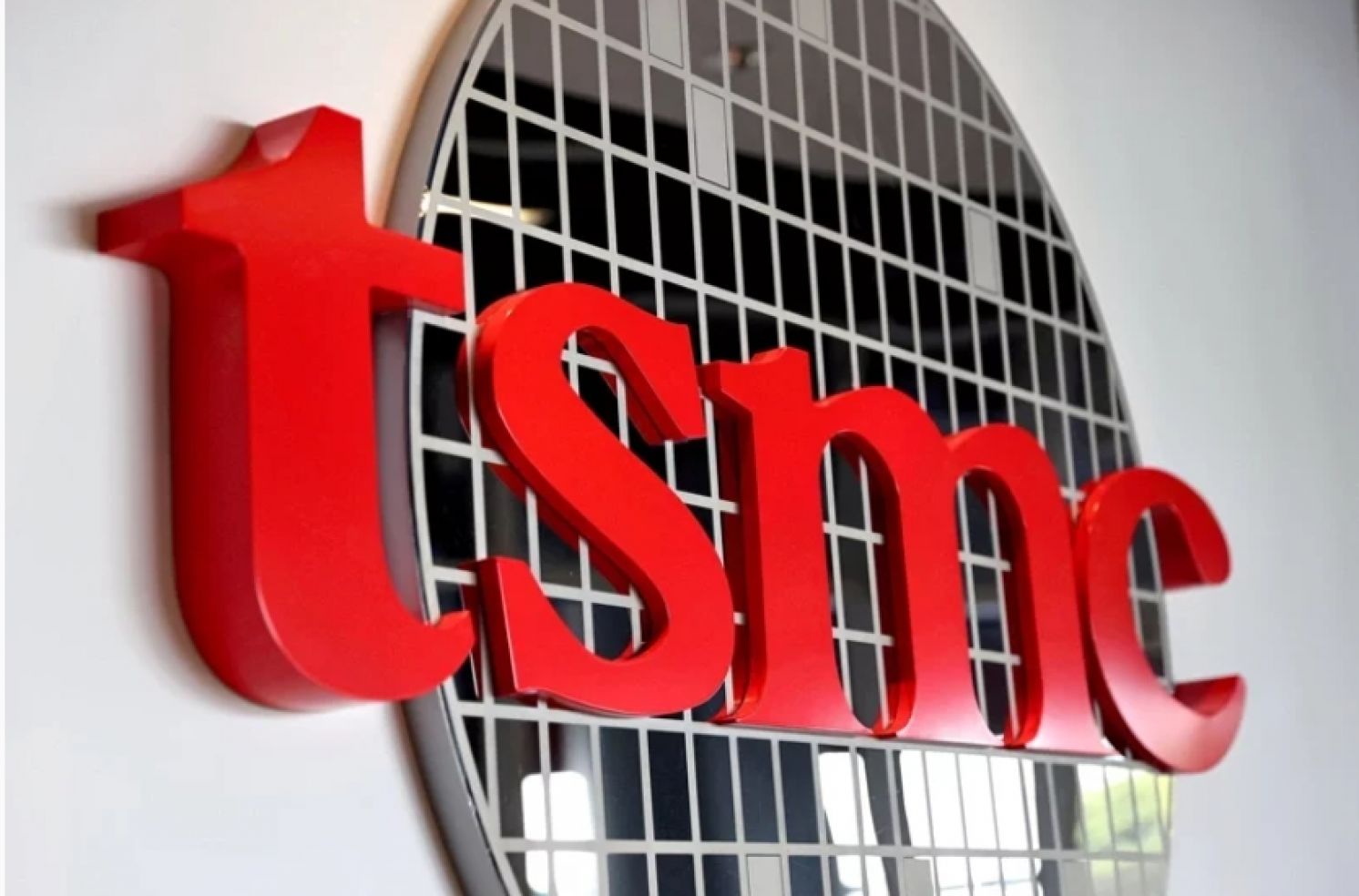
Taiwan Joins Europe and U.S. in Imposing Sanctions Against Russia
Summary Report by Taiwan Weekly
After Russia invaded Ukraine on February 24, Western countries led by the U.S. have imposed new set of sanctions against Russia. Deputy National Security Advisor Daleep Singh of the United States mentioned Taiwan on February 24 when he announced the U.S. and many allies including Taiwan and Japan are working together to unveil exports restrictions to deny Russia to sensitive, cutting-edge technology, primarily targeting Russia’s defense, aerospace, and maritime sectors, which will curb Russia’s access to advance semiconductors and other foundational technologies.
The Ministry of Foreign Affairs issued a statement on February 25 which strongly condemns Russia’s invasion of Ukraine in violation of the United Nations Charter and joins international economic sanctions against Russia in order to compel Russia to halt its military aggression against Ukraine, and to restart peaceful dialogue among all parties concerned as soon as possible.
Premier Su Tseng-chang said on February 25 during an interview at Legislative Yuan that Taiwan joins democratic countries in condemning Russia for breaking peace and invading Ukraine. Minister of Economic Affairs Wang Mei-hua said that her ministry can impose serious export restrictions on Russia in accordance to Wassenaar Arrangement. The Ministry of Economic Affairs will also consult with allies to take other joint sanction measures as soon as possible.
Legislator Tseng Ming-chung, whip of the Kuomintang (KMT) caucus of the Legislative Yuan, commented on the Tsai administration’s response escalating from condemnation to sanctions against Russia and said that the United States must have intervened and urged Taiwan to support sanction. The only thing Taiwan can do is the embargo of semiconductors. President Donald Trump has said Taiwan is next after Ukraine, therefore, Taiwan has to consider the consequences of joining in imposing sanctions.
International relations scholars believe the main reason behind Taiwan’s hasty sanction against Russia is to gain U.S. recognition. However, after the military action is over, whether Taiwan will gain anything is really hard to say.
Hsu Mien-sheng, a retired ambassador, recently wrote an article in media pointing out that Taiwan’s trade relations with Russia are not close. According to statistics published by the Ministry of Finance for the last five years, Taiwan’s export of electronic parts to Russia worth US$30 million each year, telecommunication and audio/video products worth US$300 to $400 million each year. In comparison with the annual total export of the said products, the export to Russia was less than 1%. Since Russia’s dependence on Taiwan is low, the sanction from Taiwan won’t have any real impact on Russia, yet it will affect the relative peaceful atmosphere of Taiwan-Russia relations.
On the other hand, Ukraine is very far from Taiwan geographically and has no diplomatic relations with Taiwan. Neither country has representation in the other country. In contrast, Taiwan and Russia have set up representative offices in each other’s capital promoting better bilateral relations for many years. The Tsai administration’s decision to join the international sanctions will not only hurt the Taiwan-Russia relations but also put Taiwan’s representative office in Moscow in an extremely awkward position.
President Joe Biden of the United States announced on February 24 that every Russian asset in America will be frozen and new sanction measures will target Russian banks, elite figures and high-tech sectors, while further export control will cut more than 50 percent of Russian high-tech imports.
Due to Russia’s continuous attacks and Ukraine’s strong resistance, the United States, Canada, the European Commission, the United Kingdom, France, Germany and Italy signed a joint declaration to remove Russia from SWIFT (Society for Worldwide Interbank Financial Telecommunication) as a further step in sanctions against Russia.
One White House high official said this measure is to prevent President Vladimir Putin of Russia from assessing the US$630 billion foreign exchange reserve in the Central Bank of Russia. President Ursula von der Leyen of the European Commission stated that this measure will “cripple Putin's ability to fund his war machine”.
Only North Korea and Iran have been removed from SWIFT before. Russia’s gross domestic product (GDP) was US$1.7 trillion last year which ranked 12th in the world. The economic impact will be enormous once Russia is kicked out of SWIFT.
Professor Yin Nai-ping of the Department of Money and Banking, National Chengchi University, stated that President Putin has foreseen this to happen and every move Russia made since the invasion was prepared. To kick Russia out of SWIFT is like “shadow boxing”, which will not hurt Russia but damage Western countries instead.
Professor Yin said from the tempo of Mr. Putin’s military actions, the removal from SWIFT was well within Mr. Putin’s calculation. Mr. Putin has spent years in establishing an independent payment system, SPFS, based on ruble since 2014. As a result, Russia is not afraid of leaving SWIFT. Russia even has found buyers for its oil and natural gas, China is just one of the major buyers. Therefore, Professor Yin believes that the biggest losers after cutting off Russia from SWIFT are the U.S. and Germany. Japan as a major trader of chips is likely to be the next loser.
Experts analyze that Mr. Putin knew about the new set of sanctions and went to China to attend the Winter Olympics personally to seek opportunities to meet with Xi Jinping. Mr. Putin wanted to make sure Russia’s financial gap under western sanctions can be filled by China. As Spokeswoman Hua Chunying of the mainland Chinese Ministry of Foreign Affairs recently told Western reporters that the West has imposed sanctions against Russia for hundreds of times, this time Russia must have come prepared.
SWIFT is the abbreviation for the Society for Worldwide Interbank Financial Telecommunications. SWIFT was established in 1973 and headquartered in the outskirts of Brussels, Belgium. SWIFT is the largest interbank transaction and payment system and has more than 200 countries and regions and 11,000 financial institutions as its members. Many financial experts call expelling Russia from SWIFT a “financial nuclear weapon.”